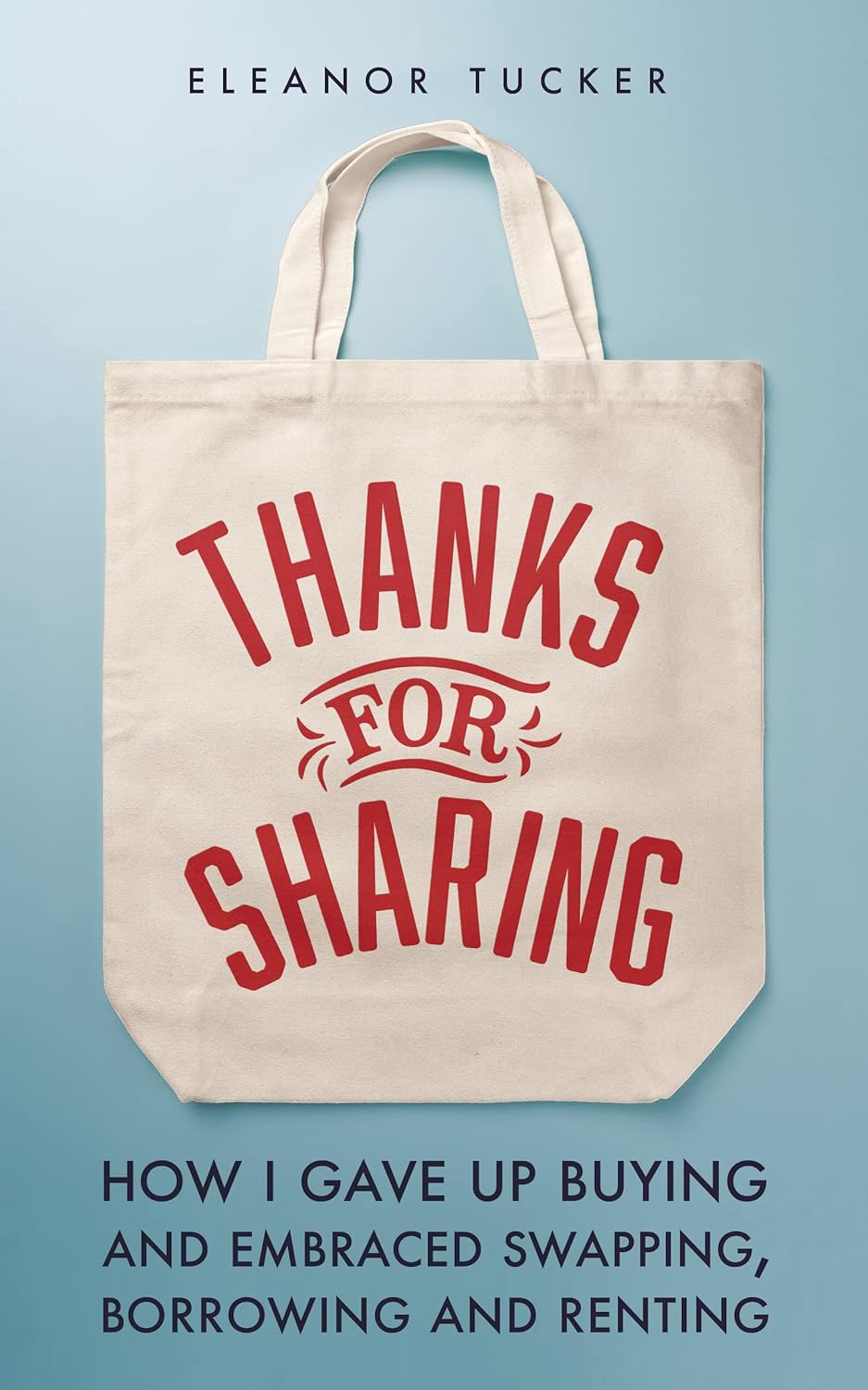Liechtenstein Lessons (bigger not always better!)

These days, we are always being told by the powers that be, that everything has to be ‘bigger and better’. Boris Johnson wanted everything to be ‘the world’s best’ (a la Trump). We are always getting ‘new bigger supermarkets’ and ‘a ne big Amazon warehouse to create jobs’. We have big shopping centres and big car parks and huge new train stations and airports etc.
In fact, smaller is usually better! And a good example of this is the tiny country of Liechtenstein, which sits tucked away between Austria and Switzerland. Its’ Europe’s fourth smallest country, yet despite not being very democratic (it’s ruled by the Catholic monarchy), it has a lot to teach us.
You won’t find chain stores or litter or plastic bags or noise pollution. And there’s no crime either (the prisons are empty!)
Leadership: A Monarchy That Listens
There are obviously democratic issues with having a monarchy. It’s even less democratic here, as the country is actually ruled by it. But the difference is that it’s so well-run, that nobody minds!
The ruling Prince and his son, work with a very small parliament of just 25 members. The people vote on big issues, but the royal family has huge power.
And it seems to work. Just like the Buddhist kingdom of Bhutan (also ruled by a prince who created a ‘happiness index’ and has banned billboards to Coca-Cola), here the prince uses his non-democratic powers to do good.
In fact, recently there was a referendum whether to keep him. He said that he would leave, if the voters did not want him. But they voted for him to stay, over electing a democratic parliament. Maybe life is so good, they are scared of change!
Faith, Community, and Shared Values
Religion is a big part of Liechtenstein daily life. The country is rooted in Catholic values (one prince even had a Pope as his godfather). Unlike in England, churches are still the central part of life. Like it or not, you won’t find atheists or humanist societies here.
To this end, the laws are very different. Abortion and even birth control are still banned (the prince’s daughter has seven children). And values are very much based on the country’s faith.
In the village streets, everyone knows each other. Neighbours lend a hand, and local clubs bring people together. The small population (just under 40,000) makes it feel like a large family more than a country. This close-knit culture brings stability that’s hard to find elsewhere.
Media and Social Life: Small, Selective, and Simple
Despite its wealth, Liechtenstein keeps things simple, even when it comes to media. There is only one TV channel (it’s not state-run like China, and people can also watch Austrian and Swiss channels).
But there are not TVs with 100 rubbish channels full of quiz shows, reality TV and rolling news, like here. The TV channel focuses on local news, culture and public interest stories, and is only run in the evening. During the day, people get outside to enjoy the fresh air, and indulge their favourite pastime of alpine skiing.
Living Safe: Liechtenstein’s Low Crime
The tiny population can’t make a direct comparison to England. But despite all the police being armed, there is hardly any crime. The prison is nearly always empty.
No Military, Still Secure
Liechtenstein stands out in Europe for not having an army. After disbanding its military in the 19th century, it chose neutrality as a guiding principle. Instead of pouring money into armed forces, Liechtenstein builds close diplomatic ties with Switzerland and Austria. This network of trust and friendship gives the country safety without the anxiety that often comes with militarisation.
Once, there was an ‘accidental invasion’ of the country from over the border, which apparently was sorted out, over a bottle of wine!
Liechtenstein’s way feels more like a neighbourhood watch than a fortress. People look out for each other, differences are settled over a chat, and the whole country acts as a united front when small issues pop up. How lovely would it be for other countries and leaders to live like this?
Job Market in a Tiny Country
Liechtenstein’s job market stands out, not just because of how healthy it is, but because of its unusual setup. Each day, about 20,000 commuters cross into Liechtenstein from Switzerland, Austria, and Germany. That might surprise you when you realise the country itself has fewer than 40,000 residents.
The country doesn’t have enough people to fill all the jobs its businesses create. Instead of seeing this as a weakness, Liechtenstein has shaped its rules and culture to welcome skilled workers from outside. The borders open early, and workers pour in, filling offices, banks, and factories dotted between small towns and fields.
Lessons for Other Small Countries or Regions
- Use your strengths and don’t try to copy larger nations.
- Welcome the right talent, even if that means looking outside your own borders.
- Don’t be afraid to specialise. A small country can do big things in a single area, like banking or engineering.
Bigger is not always better! Read our post on:





